Key benefits and features of cement block making
Introduction
Cement block making is a versatile and cost-effective method of producing durable and strong building materials. Whether it is used for residential, commercial, or industrial purposes, cement blocks offer numerous benefits and features that make them a popular choice in the construction industry. In this article, we will explore the key benefits and features of cement block making.
1. Strength and Durability
Cement blocks are known for their exceptional strength and durability. These blocks can withstand high pressure and heavy loads, making them ideal for building foundations, walls, and other structural components. They are resistant to fire, pests, and weather conditions, ensuring longevity and safety of the structure.
2. Energy Efficiency
Cement blocks have excellent thermal insulation properties, which help to regulate the temperature inside buildings. This energy efficiency reduces the need for excessive heating or cooling, resulting in lower energy bills and reduced carbon footprint. The thermal mass of cement blocks also helps in maintaining a comfortable indoor environment.
3. Soundproofing
Cement blocks have outstanding soundproofing qualities, making them an excellent choice for buildings located in noisy areas or where privacy is a concern. The density and thickness of these blocks effectively reduce sound transmission, providing a peaceful and quiet living or working environment.
4. Design Flexibility
With cement block making, architects and builders have the freedom to create various designs and patterns. These blocks can be easily molded into different shapes and sizes, allowing for customized architectural elements and decorative features. They can be painted, coated, or textured to enhance the aesthetic appeal of the building.
5. Cost-effective
Cement block making is a cost-effective construction method compared to traditional building materials. The production process is efficient and requires fewer raw materials, which translates into lower costs. Additionally, these blocks have a long lifespan, reducing the need for frequent repairs or replacements.
6. Environmental Friendly
Cement blocks are environmentally friendly as they are made from natural materials like cement, sand, and water. They have a low carbon footprint and are recyclable. The manufacturing process produces minimal waste, and the materials used can be sourced locally, reducing transportation and associated carbon emissions.
7. Easy Installation
Cement blocks are easy to install, making the construction process quicker and more efficient. The blocks can be easily stacked and joined together using mortar, saving time and labor costs. This ease of installation makes cement block making suitable for both large-scale projects and small renovations.
8. Fire Resistance
Cement blocks have excellent fire resistance properties. They do not burn or release toxic gases when exposed to fire, providing additional safety to buildings and occupants. This feature is particularly crucial in high-risk areas or buildings where fire safety is of utmost importance.
Conclusion
Cement block making offers numerous benefits and features that make it a preferred choice for construction projects. From its strength and durability to energy efficiency and design versatility, cement blocks provide a reliable and cost-effective solution. With its environmental friendliness and ease of installation, it is no wonder that cement block making continues to be a popular construction method in the industry.




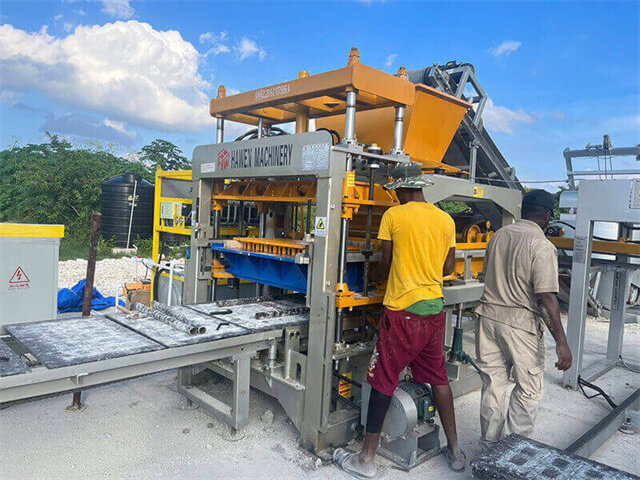
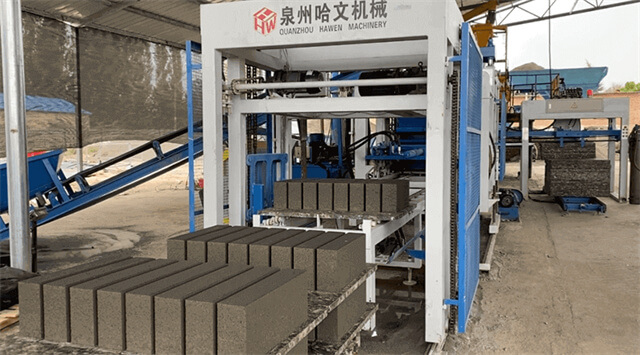
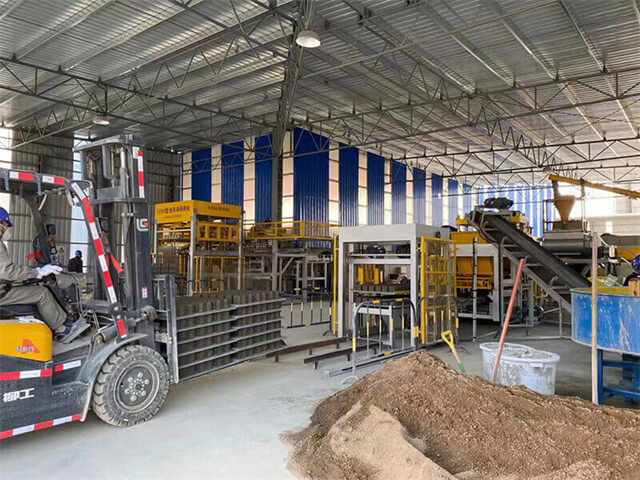
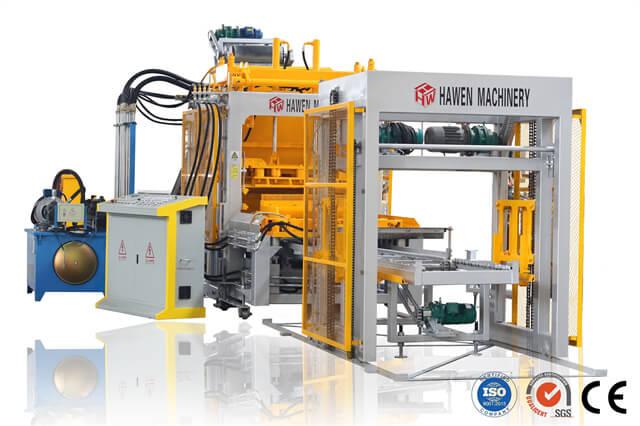
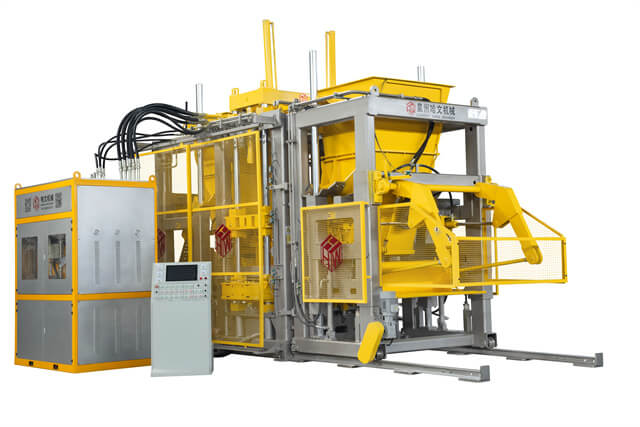
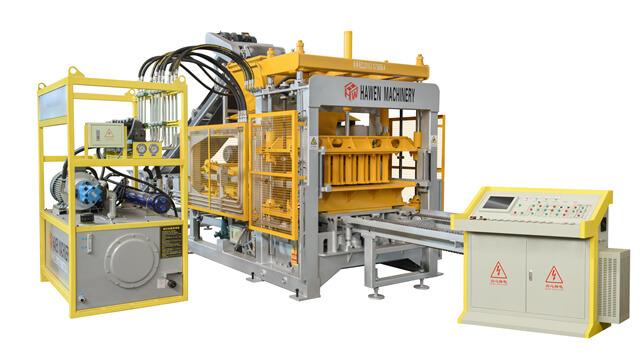
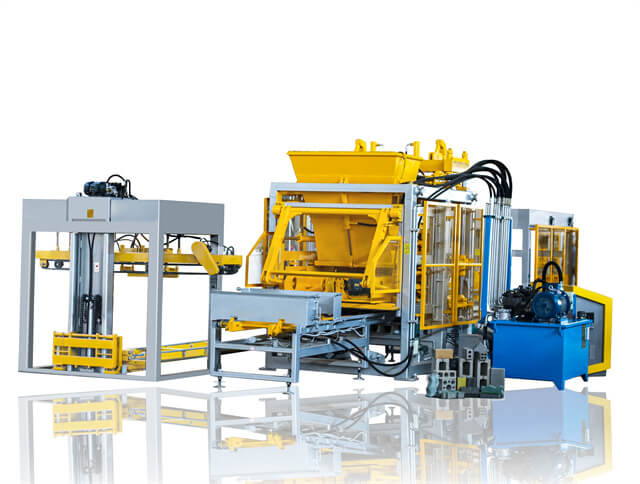
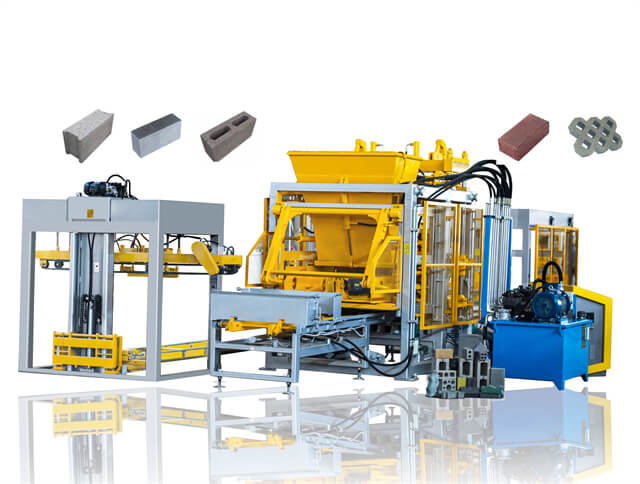
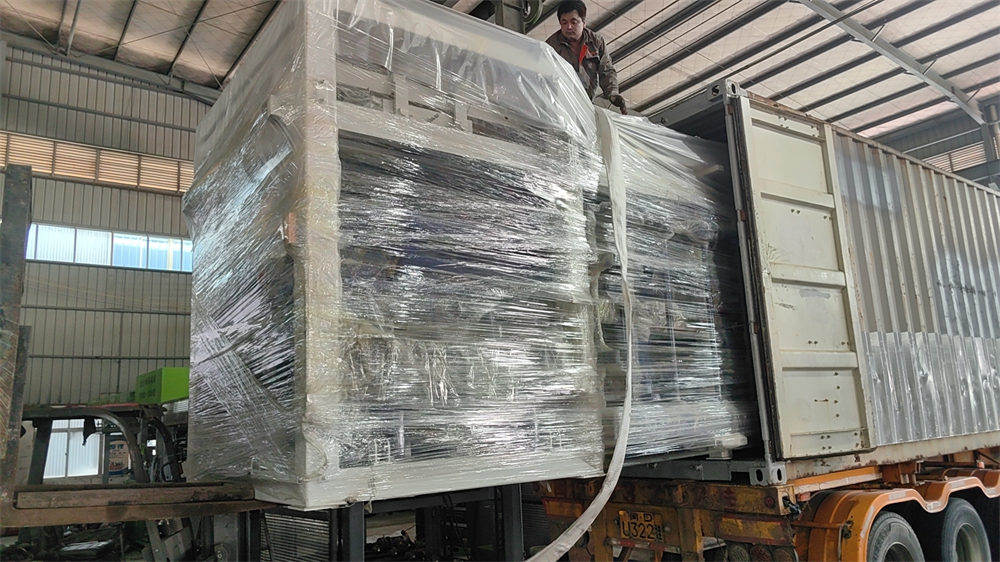
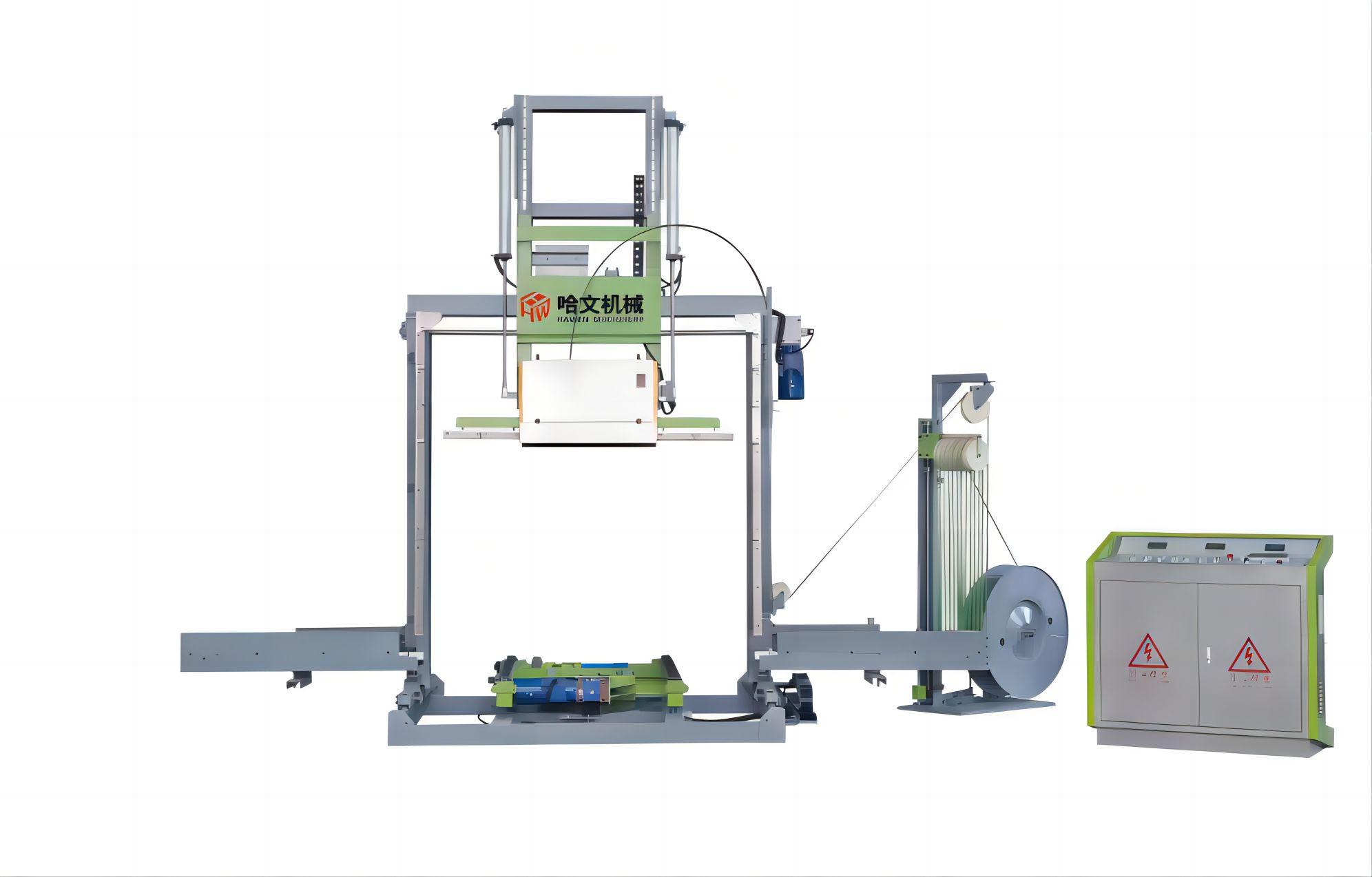
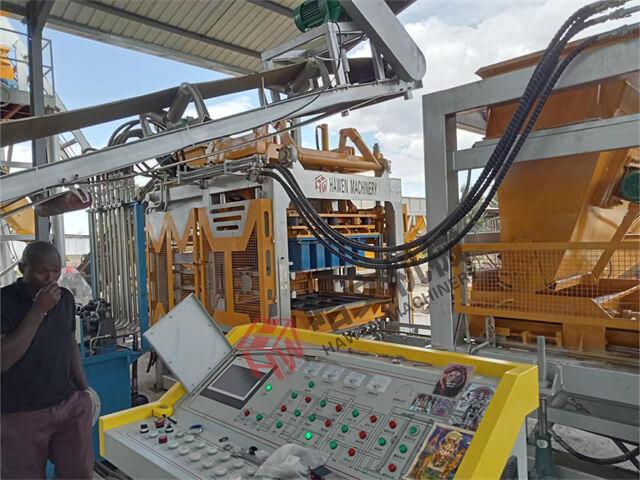


 Tel: +86-13905968794
Tel: +86-13905968794 Email: export@hwmachines.com
Email: export@hwmachines.com MP/WhatsApp: +86-13905968794
MP/WhatsApp: +86-13905968794 Manufacturer Address:Nanan,Quanzhou City,Fujian Province,China
Manufacturer Address:Nanan,Quanzhou City,Fujian Province,China




